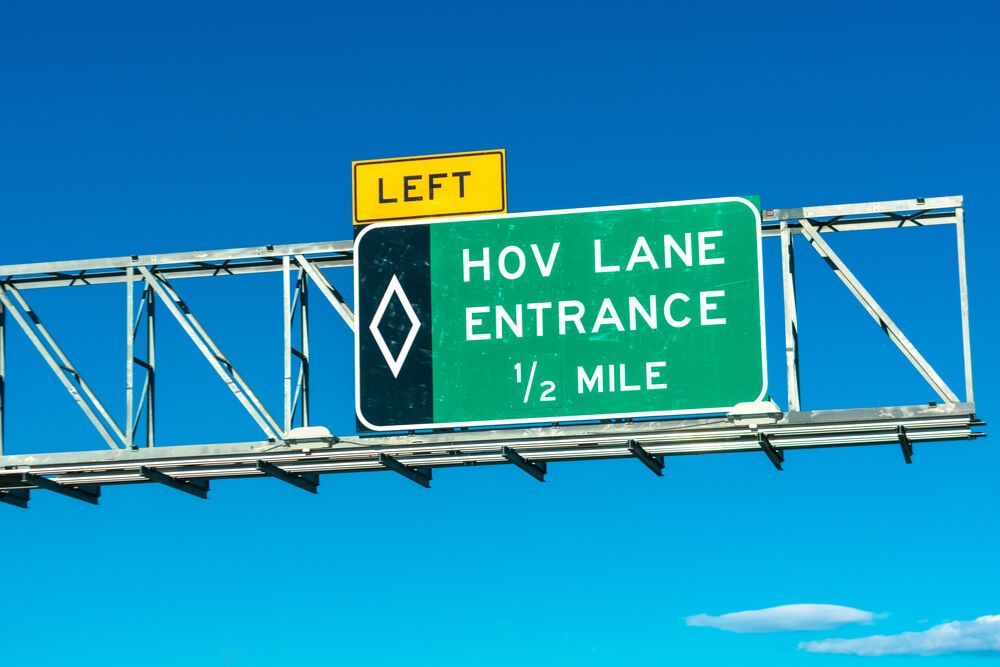Why Do Insurance Companies Deny Claims?
Recent Blog Posts
Why Do Insurance Companies Deny Claims?
Insurance is supposed to be a safety net where you pay premiums so that if an accident happens, the insurance company will help cover the costs. But many people experience the frustration of having an insurance claim denied when they need it most. Why do insurance companies deny claims, and what are your next steps when a claim is denied?
8 Reasons Why an Insurance Company Would Deny a Claim
Insurance companies are businesses driven to minimize payouts, so they often search for any evidence or policy exclusion to deny coverage. Below are eight common reasons insurers deny claims in personal injury cases.
1. The Policy Doesn’t Cover the Type of Accident or Injury
A common reason for claim denial is that your insurance doesn’t cover the kind of accident or injury you had. Every policy has limits and exclusions. For example, if your personal auto policy only covers personal use but you were driving for Uber when the crash happened, your insurer can deny the claim because the trip wasn’t covered.
If you get a denial, double-check your policy language. You might find that another coverage, such as the other driver’s insurance or a different policy you have, could still apply.
2. The Policy Wasn’t Active When the Accident Happened
If your insurance policy wasn’t active when the accident occurred, your claim will be denied. This usually happens if you missed a payment, your policy lapsed or it expired before renewal.
If your insurer denies a claim due to a lapse, check whether they gave proper cancellation notice or if a grace period applies. Sometimes, insurers must warn you before canceling.
3. You Can’t Prove the Other Party Was at Fault
The at-fault party's insurance may deny your claims if there’s a dispute over who caused the accident. You have to show that the other party was negligent or responsible.
For example, if both drivers claim the other ran a red light, the insurer may side with their own policyholder. To fight this, you’ll need clear evidence such as police reports, witness statements or camera footage. The stronger your proof, the better your chances.
4. Injuries Are Due to a Pre-Existing Condition
Insurance companies often try to deny claims by saying your injuries weren’t caused by the accident but by a pre-existing condition or old injury. For example, if you hurt your back in a crash, they might argue it’s from an earlier sports accident or an old complaint in your records.
To fight back, you’ll need medical proof showing your condition was stable before and changed after the crash. Even if you had a prior condition, you can still recover if the accident made it worse. Don’t let the insurer brush off your pain.
5. You Waited Too Long Before Getting Medical Treatment or Telling the Insurer
Delaying medical treatment or waiting too long to report an accident can hurt your claim. If you don’t see a doctor right away, the insurance company may argue that your injuries are minor or unrelated to the accident.
Similarly, most policies require you to report the accident quickly, often within days. Waiting too long gives the insurer a reason to deny your claim. If you had a valid reason for the delay, like being hospitalized, document it clearly. The quicker you get medical care and file your report, the harder it is for the insurance company to argue against you.
6. The Policy Has Limits or Exclusions That Stop Payment
Every insurance policy has a maximum payout, called a limit. If your claim exceeds policy limits, the insurer isn’t required to pay the rest. For example, if your medical bills total $75,000 but your policy covers only $50,000, the company can legally stop at $50,000.
Policies also contain exclusions, which are specific situations they won’t cover. Common examples include accidents caused by intentional acts, illegal behavior or drivers who are not listed on the policy. If your claim falls into one of those categories, the insurer can deny payment entirely. If you suspect the insurer is misusing an exclusion or misunderstanding the policy, ask a personal injury attorney to review your policy.
7. The Person You’re Claiming Against Isn’t Covered Under the Policy
Sometimes, your claim can get denied because the insurance policy doesn’t actually cover the person who caused the accident. Auto insurance usually covers the policyholder, household members and drivers with permission to use the car. If the person who was at fault didn’t have permission to drive the car or was specifically excluded, the insurer can refuse payment.
For example, if a teenager borrows a parent’s car without permission and causes a car accident, the parents’ insurance might deny coverage. In that case, you may need to file a claim under your own uninsured motorist policy or seek compensation directly from the driver who caused the accident.
8. The Insurance Company Is Acting in Bad Faith
Insurance companies have a legal duty to handle claims fairly and in good faith, which means they must investigate, evaluate and pay valid claims promptly. Unfortunately, some insurers put profits ahead of policyholders. Acting in bad faith means insurance companies intentionally delay, underpay or deny legitimate claims without a reasonable basis.
Examples of bad faith behavior include:
- Ignoring or delaying communication with you about your claim
- Failing to properly investigate the accident or your injuries
- Denying your claim without a valid explanation
- Misrepresenting policy terms to make it seem like you aren’t covered
- Offering an unreasonably low settlement, hoping you’ll give up
When this happens, the insurer may be breaking the law. If you suspect your claim was denied or your settlement offer was rejected in bad faith, an experienced personal injury attorney can hold the insurer accountable and help you pursue additional compensation.
Don’t Give Up If an Insurance Company Denied Your Claim
If an insurance company denied your claim and you’re unsure what to do next, the attorneys at Sargon Law Group can help. Our Phoenix team understands how insurance companies work and how to push back when valid claims are unfairly rejected.
We’ll review your policy, investigate the denial, gather supporting evidence and fight to hold the insurance company accountable. Contact Sargon Law Group today for a free consultation with a compassionate personal injury attorney who can help you pursue the coverage and compensation you deserve.








